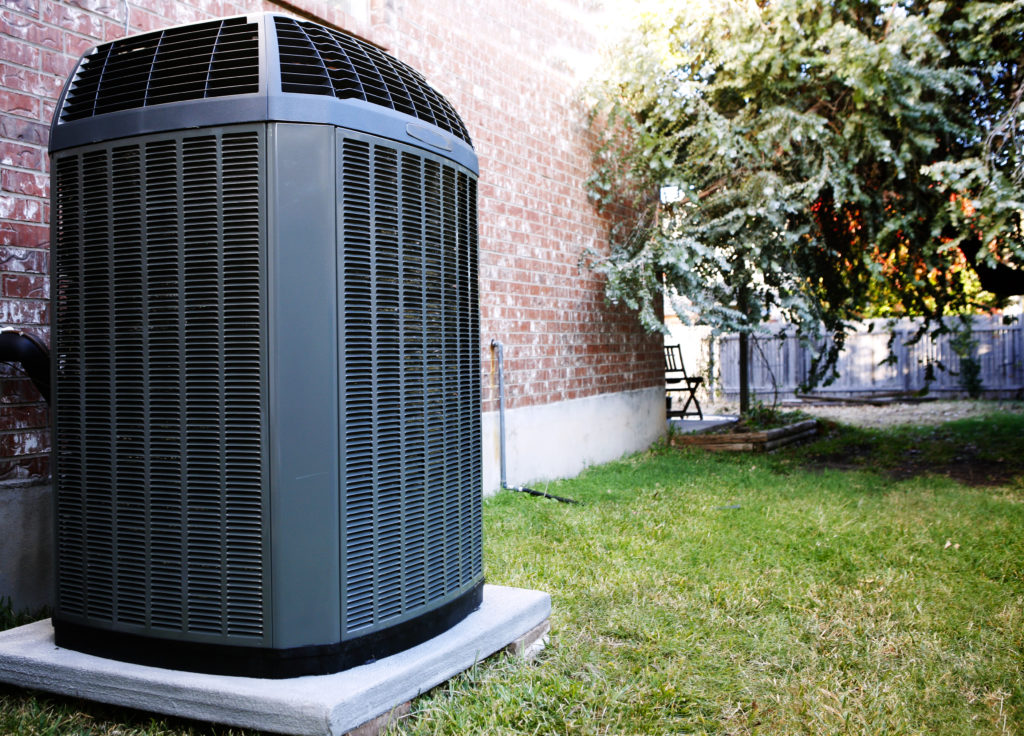Want to Upgrade Your Apartment's HVAC System?

Ultimately, the decision comes down to several factors, from installation and long-term maintenance costs, aesthetics and energy efficiency, as well as the size of the property. Low-rise buildings, for example, tend to have unique needs compared to mid-rise or high-rise developments.
Multifamily HVAC Units
Beyond this, multifamily developments also have unique HVAC requirements, compared to single-family homes. Multifamily HVAC units must deliver:
- Peak load flexibility: It’s difficult to estimate the peak energy demand of a multi-family property. Therefore, the system must be optimized to handle a variety of peak loads.
- Individual comfort controls: Occupants must have in-unit controls, which can be delivered in several ways.
- Ease of maintenance: HVAC units may be contained in-unit or as part of a centralized system. Either way, the system should be designed to be easily maintained.
Ultimately, the question remains: Which systems are the most energy efficient?
Centralized vs. Decentralized HVAC Units
HVAC units for multifamily buildings fall into two categories: Centralized and decentralized systems. Centralized HVAC systems are like a home’s heating and cooling systems. Heat and/or AC are feed from a central location – typically a mechanical room in the basement or in a penthouse of the building. Centralized systems do have a higher cost, and therefore, they’re more common in mid-rise and high-rise properties with many units.
Decentralized units, on the other hand, are compartmentalized. Each unit is treated as its own building, and separate heating and cooling systems are delivered to the individual units. These units are typically considered “self-contained.” Baseboard heat is another type of decentralized system.
Energy Efficiency of Centralized Systems
In general, centralized systems outperform decentralized HVAC systems in terms of energy efficiency. Yet, the higher installation costs may make these systems cost-prohibitive. Common types of centralized HVAC systems include:
- Hot Water Baseboard: These systems deliver hot water from a central location to individual units. Essentially, the hot water flows through the radiator, as the radiator sucks in cooler air and heats it. This type of system is economical to install and are reasonably efficient.
- Two-Pipe Systems: This system includes a central water boiler, as well as a central cooling plant, which is typically on the roof. These systems have two pipes – one for delivering hot or cold water – and one for returning. Therefore, heat and A/C cannot be delivered at the same time. Efficiency is boosted with these systems.
- Four-Pipe Systems: Four-pipe systems utilize similar equipment to the two-pipe system, but since there are four pipes, heating and cooling can be provided at the same time. Therefore, Apartment A can choose heat, while Apartment B can choose to cool. These systems are expensive to install but are well-known for their efficiency.
- Geothermal Systems: One of the most efficient types of HVAC systems, geothermal utilize a water loop buried within the earth to heat or cool the water. This water can then be delivered to individual units with a two- or four-pipe system.
Energy Efficiency of Decentralized Systems
Comparatively, decentralized systems are, on average, more cost-effective to install, but most do not deliver maximum efficiency.
- Electric Baseboard Heat: Baseboard heat is one of the most economical options to install. But these systems are inefficient and carry high operating costs, and they’re only capable of providing heat.
- Wall Unit Air Conditioner: Like baseboard heaters, wall units are cost-effective to install, but they are inefficient. Additionally, these systems typically only provide cooling.
- Packaged Thermal Air Conditioner: A common heating/cooling option used in hospitality developments, PTAC systems are wall-mounted forced air systems units. Generally, these systems have shorter life cycles, and they aren’t very efficient.
- Self-Contained Systems: These are forced air systems that deliver heating and cooling an individual unit. Heating and cooling equipment is installed in each individual unit, either in a closet or mounted to an exterior wall. In terms of decentralized HVAC units, the self-contained systems offer the best efficiency.
Additional Tips for Developing Energy-Efficient HVAC Systems
Ultimately, your choice of HVAC unit will set the standard for the system’s efficiency, but there are additional steps that can be taken as well. For example, properly sealing heating and cooling ductwork can instantly optimize a system. Additionally, improving the insulation of the building envelope can reduce the system’s overall heating or cooling load.
Call NexGen Today
Our expertise and commitment to customer satisfaction make us the leading HVAC company in Southern California. To learn more about our equipment, services, and protection plan,
book an appointment online or call
888-277-0415.









